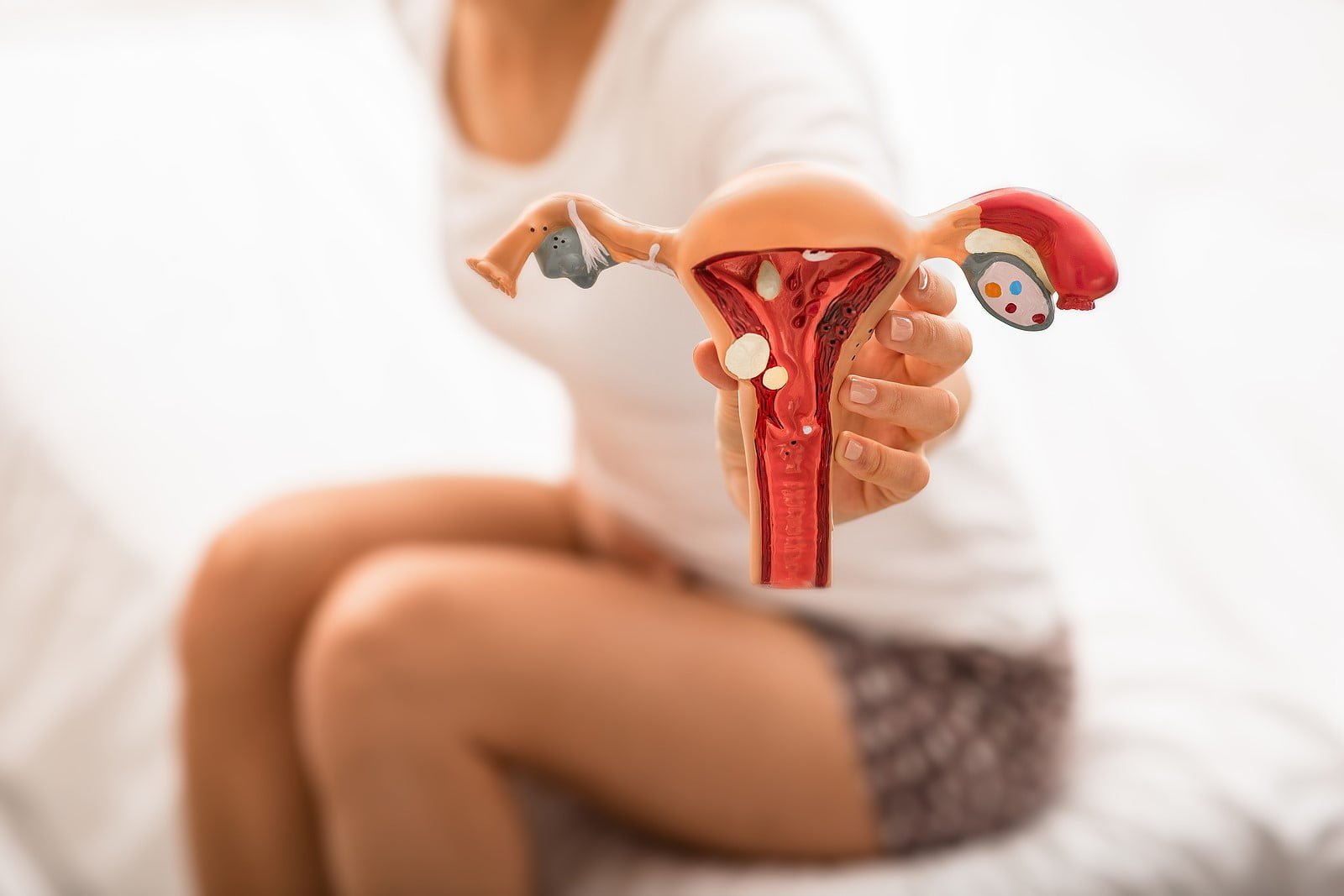
It’s Just Period Pain’: Why Doctors Are Gaslighting Women Over Endometriosis
Endometriosis, often dubbed as just “period pain,” is a debilitating condition affecting millions of women worldwide. Despite its prevalence, there’s a disturbing trend in healthcare where women’s pain is downplayed or dismissed entirely. This article delves into the phenomenon of gaslighting within medical circles, particularly concerning endometriosis.
Understanding Endometriosis
Endometriosis isn’t merely cramps; it’s a chronic condition where tissue similar to the lining of the uterus grows outside the uterus. Symptoms include excruciating pelvic pain, heavy menstrual bleeding, and infertility. Shockingly, 1 in 10 women of reproductive age suffer from endometriosis, yet it takes an average of 7 to 10 years to receive a proper diagnosis, primarily due to medical gaslighting.
Gaslighting in Healthcare

Gaslighting, originating from the 1940s film “Gaslight,” refers to a manipulative tactic where one undermines another’s reality to assert dominance. In healthcare, this translates to doctors dismissing women’s pain as exaggerated or psychosomatic. Women are often told variations of “it’s just period pain” or “it’s all in your head,” leading to profound frustration and mistrust in the medical system.
Reasons Behind Gaslighting
The roots of medical gaslighting stem from deep-seated gender bias pervasive in medicine. Women’s pain has historically been trivialized or ignored, perpetuating the notion that women are more prone to exaggeration or hysteria. Additionally, many healthcare providers lack adequate education about endometriosis, leading to misdiagnosis or delays in treatment.
Consequences of Gaslighting
The repercussions of medical gaslighting are dire. Delayed diagnosis means prolonged suffering for patients, with severe impacts on physical and mental well-being. Moreover, untreated endometriosis can lead to fertility issues, further exacerbating the emotional toll. Financially, the cost of seeking multiple opinions and treatments adds up, placing an additional burden on patients.
Breaking the Cycle: Solutions and Advocacy

To combat medical gaslighting, a multi-faceted approach is necessary. Raising awareness about endometriosis and its symptoms is crucial, both among the general public and within medical communities. Empowering women to advocate for themselves and assert their pain validity is another pivotal step. Moreover, comprehensive education for healthcare providers on recognizing and treating endometriosis is imperative.
Conclusion, endometriosis is more than “just period pain”; it’s a serious condition deserving of recognition and proper medical care. The gaslighting of women in healthcare must end. It’s time to listen, believe, and validate women’s experiences. Together, we can dismantle the barriers to diagnosis and treatment, ensuring that no woman suffers in silence.
FAQs (Frequently Asked Questions)
Q. What are the common symptoms of endometriosis?
A: Common symptoms include pelvic pain, heavy menstrual bleeding, painful periods, pain during intercourse, and infertility.
Q. How is endometriosis diagnosed?
A: Endometriosis is typically diagnosed through a combination of medical history, pelvic exams, imaging tests like ultrasound, and laparoscopic surgery for confirmation.
Q. What treatments are available for endometriosis?
A: Treatment options include pain medications, hormonal therapies, surgery to remove endometrial tissue, and lifestyle changes.
Q. Can endometriosis affect fertility?
A: Yes, endometriosis can interfere with fertility, but many women with the condition can still conceive with proper management and treatment.
Q. How can I support someone with endometriosis?
A: Offer empathy, validate their experiences, educate yourself about the condition, and provide practical support such as helping with household tasks during flare-ups.




